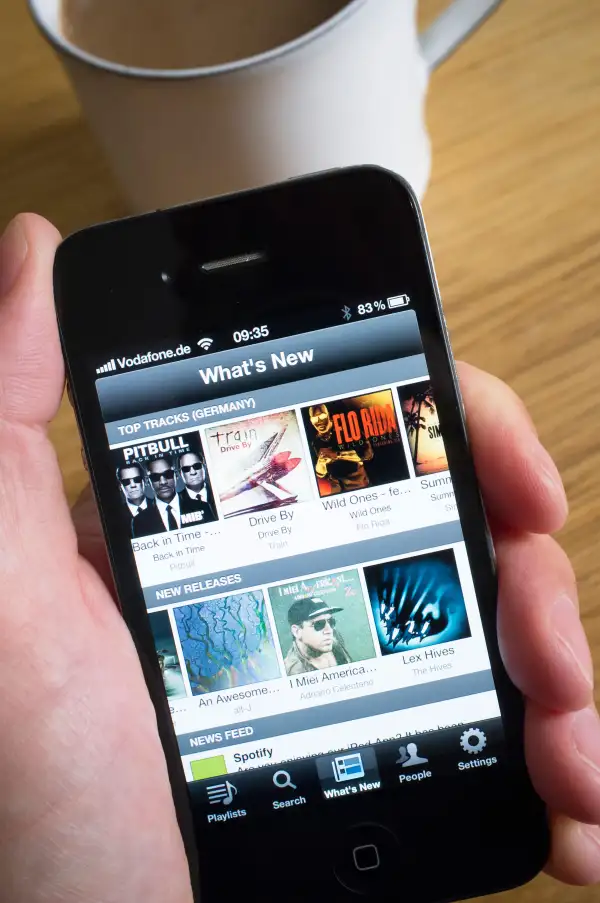Digital Music Revenue Beats Global CD Sales for the First Time Ever
Money is not a client of any investment adviser featured on this page. The information provided on this page is for educational purposes only and is not intended as investment advice. Money does not offer advisory services.

The CD is one step closer to death.
A new report from the International Federation of the Phonographic Industry, a recording industry trade association, shows that 2014 was the first year in which digital music revenue exceeded physical music sales. Streaming services and sales of digital downloads generated $6.85 billion worldwide last year, while sales of CDs and LPs took in $6.82 billion.
The rise of digital music over the last two decades has been extraordinarily painful for the music industry. The IFPI's report also shows overall industry revenue has now fallen below $15 billion. If revenues are adjusted for inflation, that number is roughly 2.5 times less than the recording industry made during the late 1990s, when revenue approached $40 billion in today's dollars.
The good news for music publishers is that revenues from streaming services like Spotify have continued to expand rapidly. Streaming accounted for almost $1.6 billion in revenue for the industry, up 39% year-over-year, and streaming services now claim about 140 million users. Back in March, the Recording Industry Association of America reported streaming and downloads together accounted for 64% of the total U.S. music market, with streaming revenue passing CD sales alone for the first time.
Downloads still make up slightly more than half of digital revenue both internationally and domestically, but that may soon change. Edgar Berger, CEO of Sony Music Entertainment International, told the Telegraph that streaming had already overtaken digital downloads in 37 markets.
Despite the streaming market's lucrative prospects, some artists have revolted against the prevailing ad-supported model, which allows customers to listen in for free. Taylor Swift has been especially vocal, pulling her music from Spotify in protest of the service's free tier. In March, Jay Z announced Tidal, a new pay-only streaming service that seeks to place pricing power back in the hands of artists. However, reviews of Tidal have been largely negative, and Swift's battle against Spotify may ultimately prove unwinnable as streaming comes to further dominate how we listen to music.
